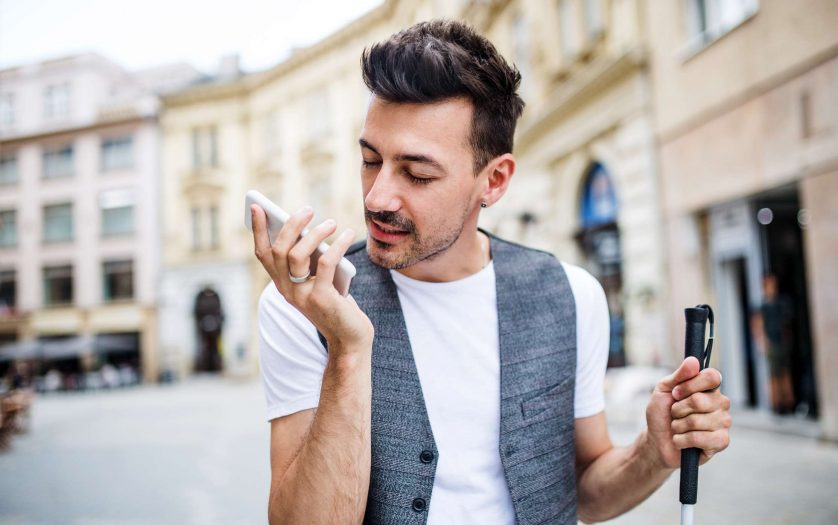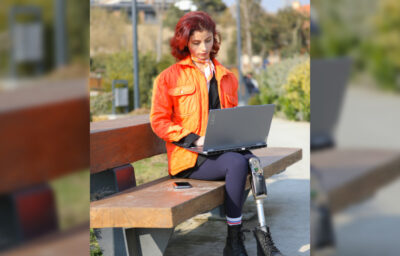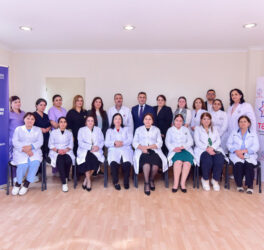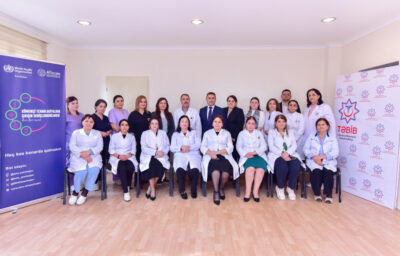
An Australian-first study led by Curtin University has found that while around 80 per cent of the country’s blind and low vision community own a smartphone, many users are finding limitations with the technology, such as general features being inaccessible or unaccommodating.
Professor Katie Ellis, Director of the Centre for Culture and Technology at Curtin University, said the findings highlight the need for app and technology developers to consider the needs of all users, especially noting the recent normalisation of online shopping, telehealth appointments, and video and audio conferencing apps for work and social purposes, as a result of the COVID-19 pandemic.
“App developers, device designers and service providers need to be aware that over the past five years, there has been a 365 per cent increase in smartphone use by people who are blind and low vision,” Professor Ellis said.
“And with an ageing population, noting that vision loss tends to occur most often in older people, this number will continue to increase.
“We fear that if apps continue to be designed without considering people with low vision, a large proportion of community members will be left out and unable to keep up with the increased digital lifestyle shift that we are seeing in the COVID-19 environment.”
Report co-author Professor Mike Kent, also from Curtin University’s Centre for Culture and Technology, in the Faculty of Humanities, said the study’s findings showed opportunities for developers to enhance their accessibility offerings highlighting the importance of user-led research in product and service development.
“People with disabilities have a diverse range of experiences with new technologies and represent a largely untapped resource for developers, especially in challenging times,” Professor Kent said.
“Our research showed that in Australia, people who are blind or have low vision are avid entertainment and media consumers, with around 57 per cent using their smartphone to access podcasts, listen to music or the radio.
“With the onset of audio description on broadcast television, now is an opportunity for online videos and online television to also embrace this accessible technology.
“We also found just under 40 per cent of survey respondents used their phones to book taxis or ridesharing services, and around 25 per cent said they use their phones for online shopping, or to pay for goods or services.
“Around 44 percent said they used their phone to access social media, such as Facebook, Instagram or Twitter, and just over half (52 per cent) used their phones to check the weather.”
Professor Kent explained while study respondents said they regularly used voice assistant technologies available on their phones, there was limited uptake of other accessibility features which suggests they might require further development and promotion. Training and information on smartphone use was also consistently identified as something participants in the survey wanted more of.
“We found that many of the study participants weren’t looking for new accessibility apps, or more apps, but instead said they wanted existing apps to ‘work better’,” Professor Kent said.








